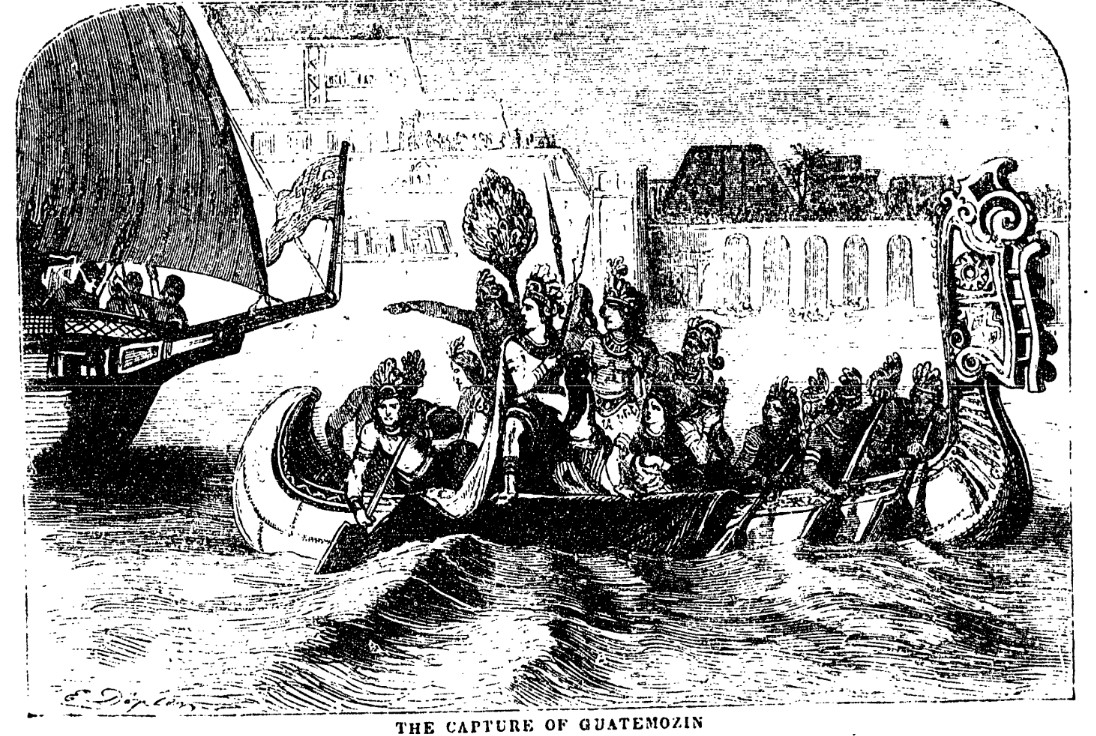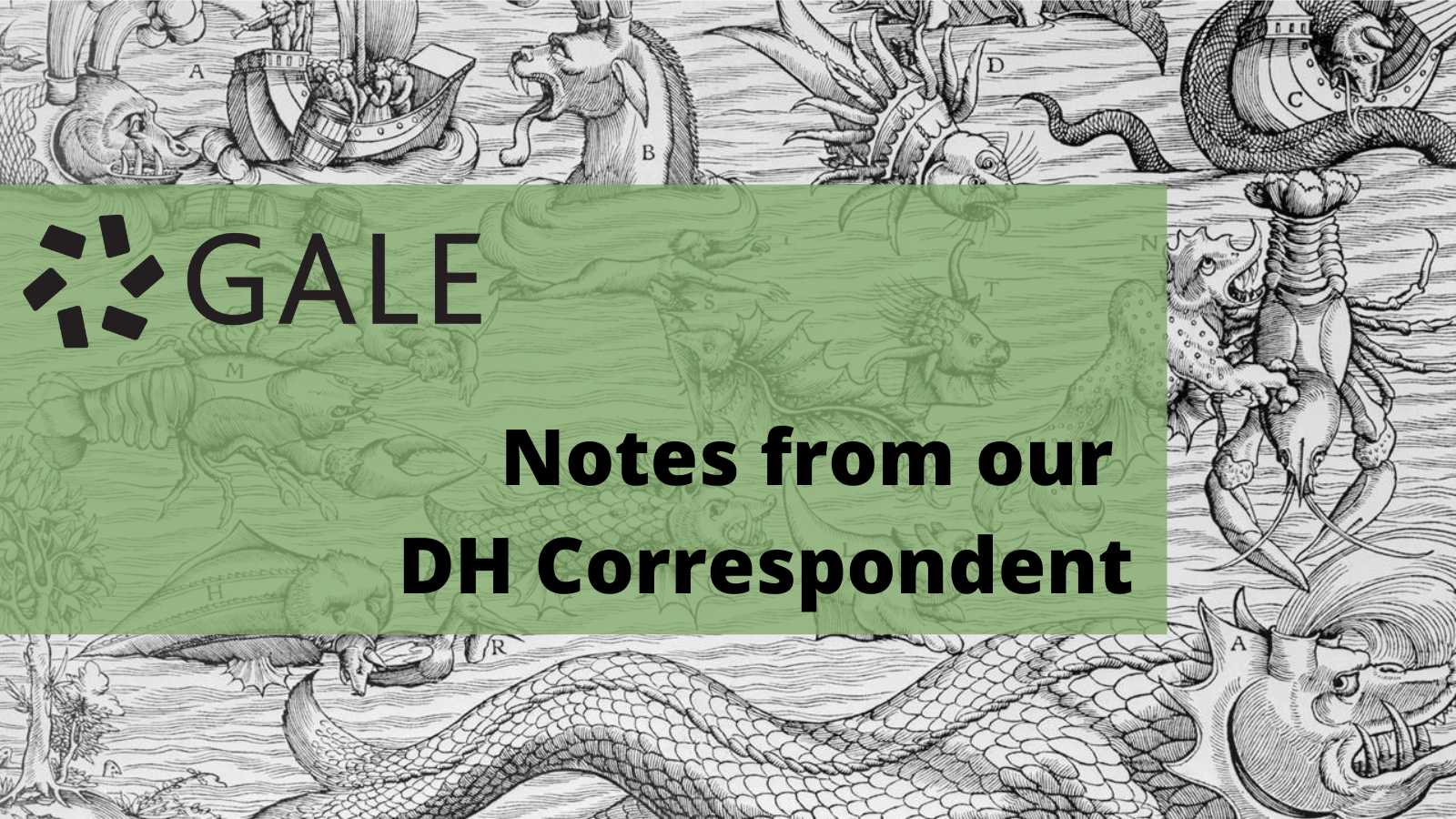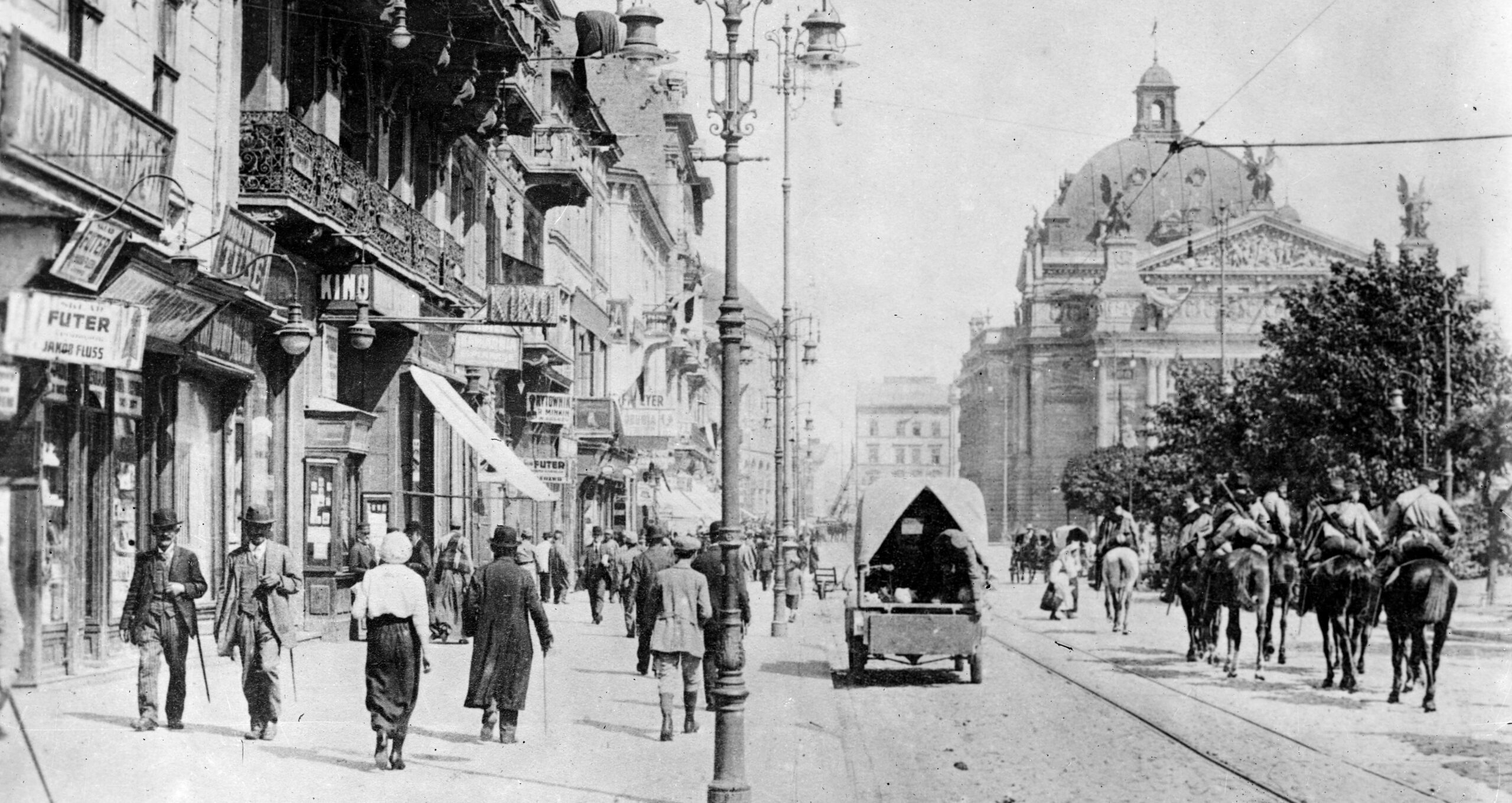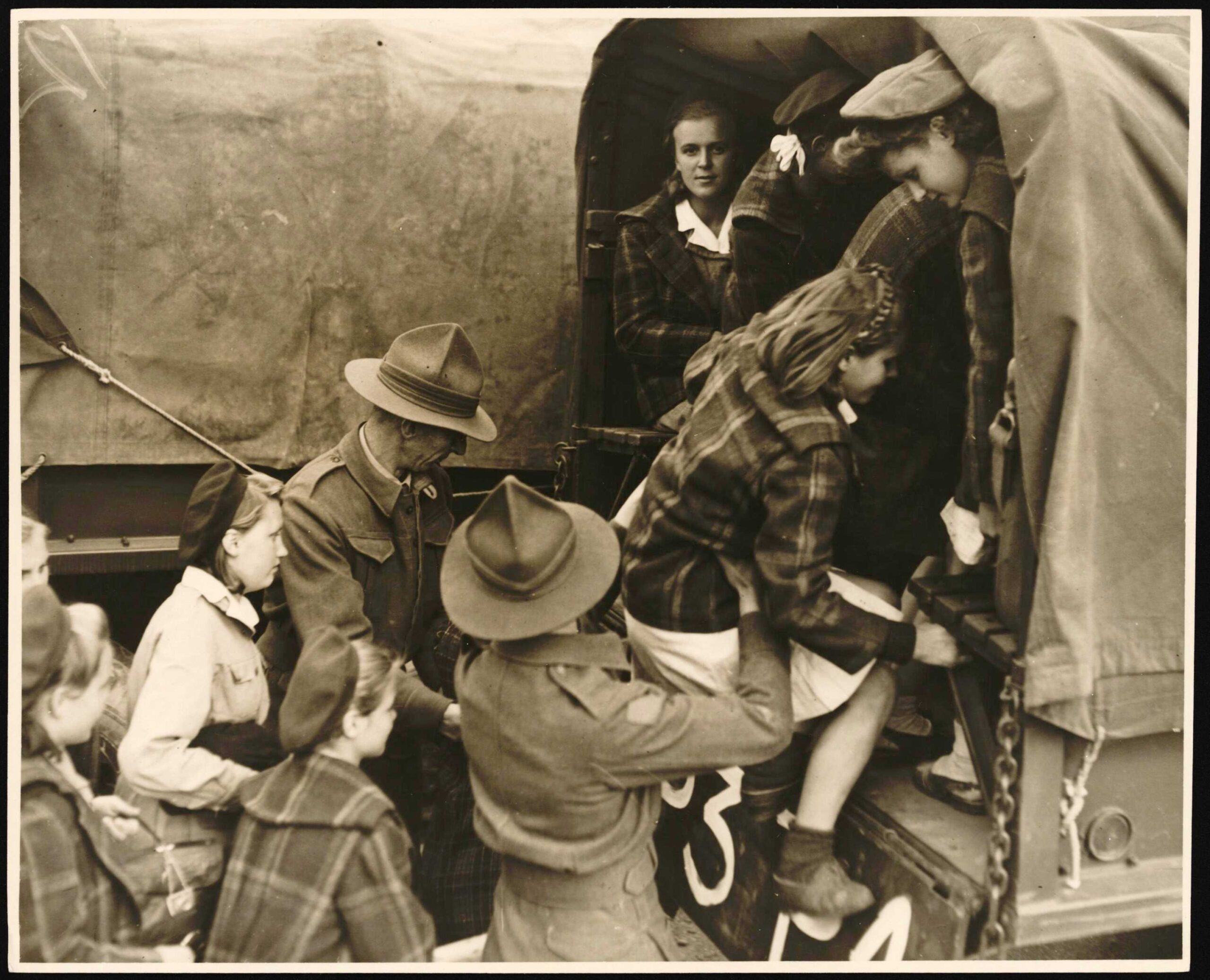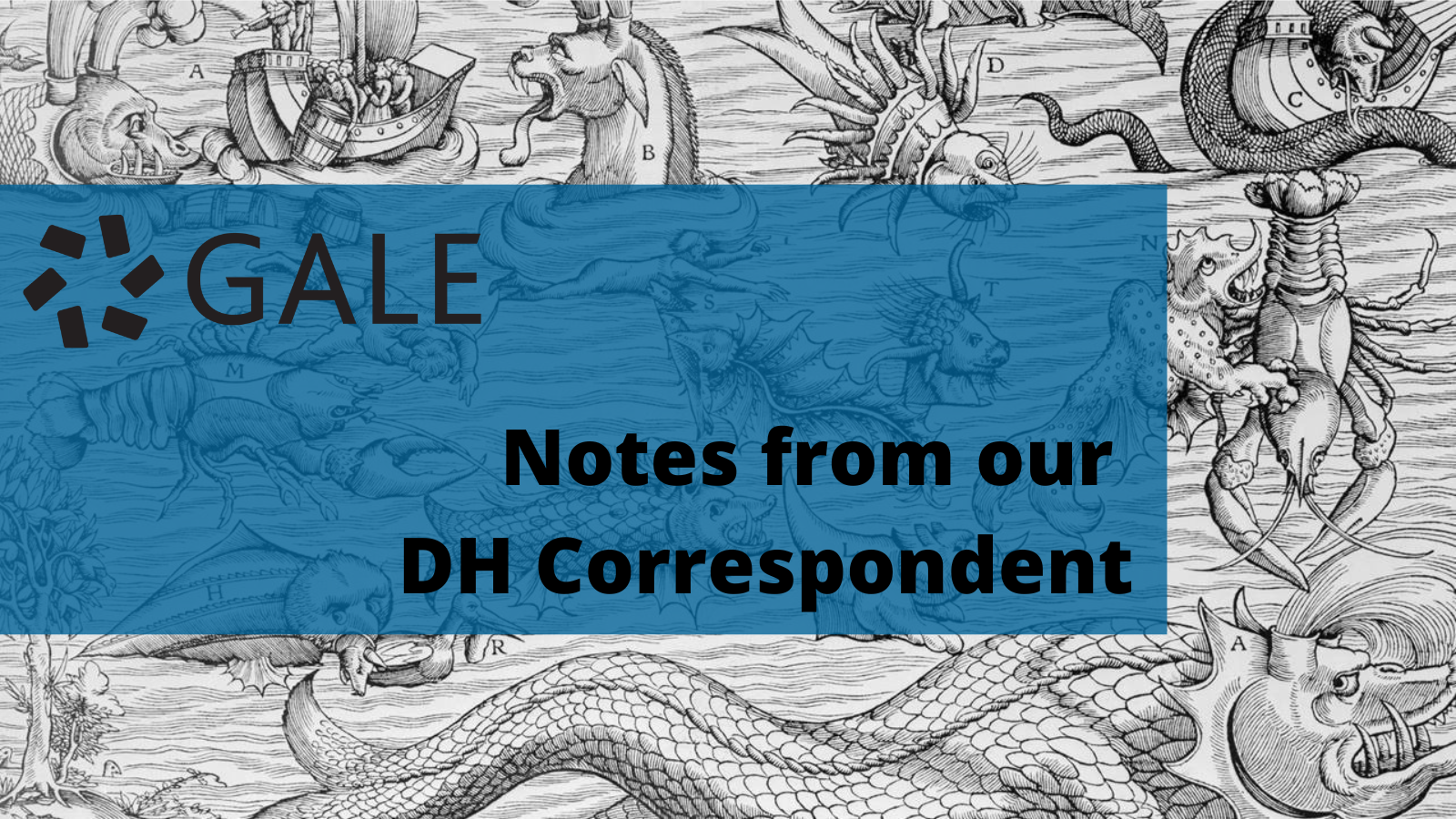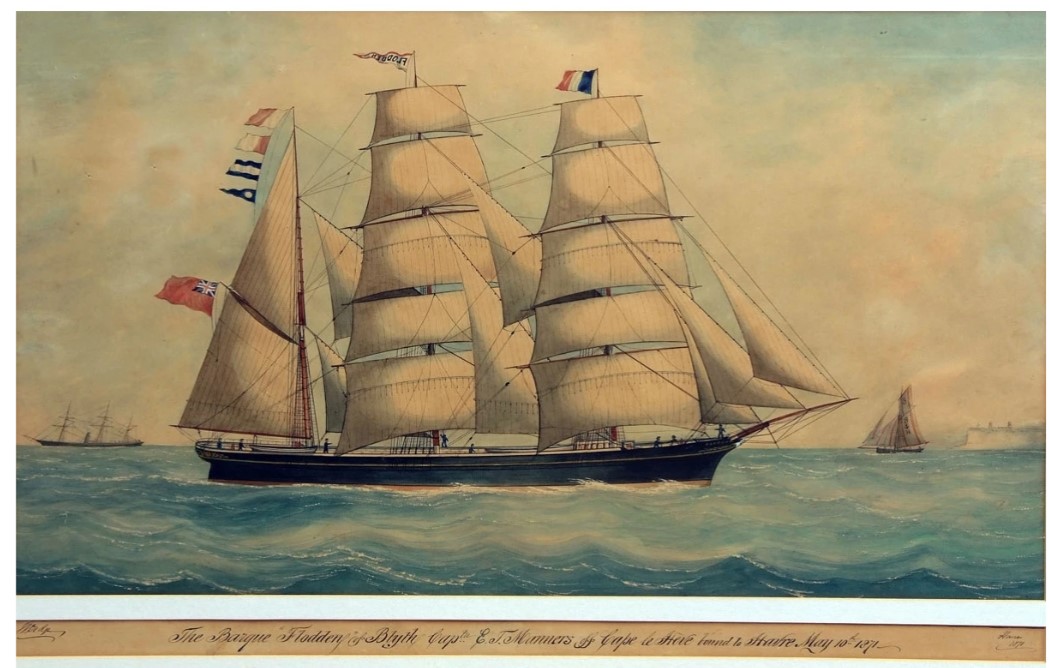│By Lindsay Whitaker-Guest, Associate Editor│
In June 2024, an extremely rare white bison (buffalo) calf was sighted in Yellowstone National Park causing great excitement amongst visitors, wildlife researchers, and most significantly local Native American people.
The birth is ecologically and culturally important, but above all symbolises the momentous recovery of the American bison, which according to Native American traditions is an indication of a brighter future. But why has the birth of this adorable creature been so celebrated? And what might this mean for the future of the American bison?



